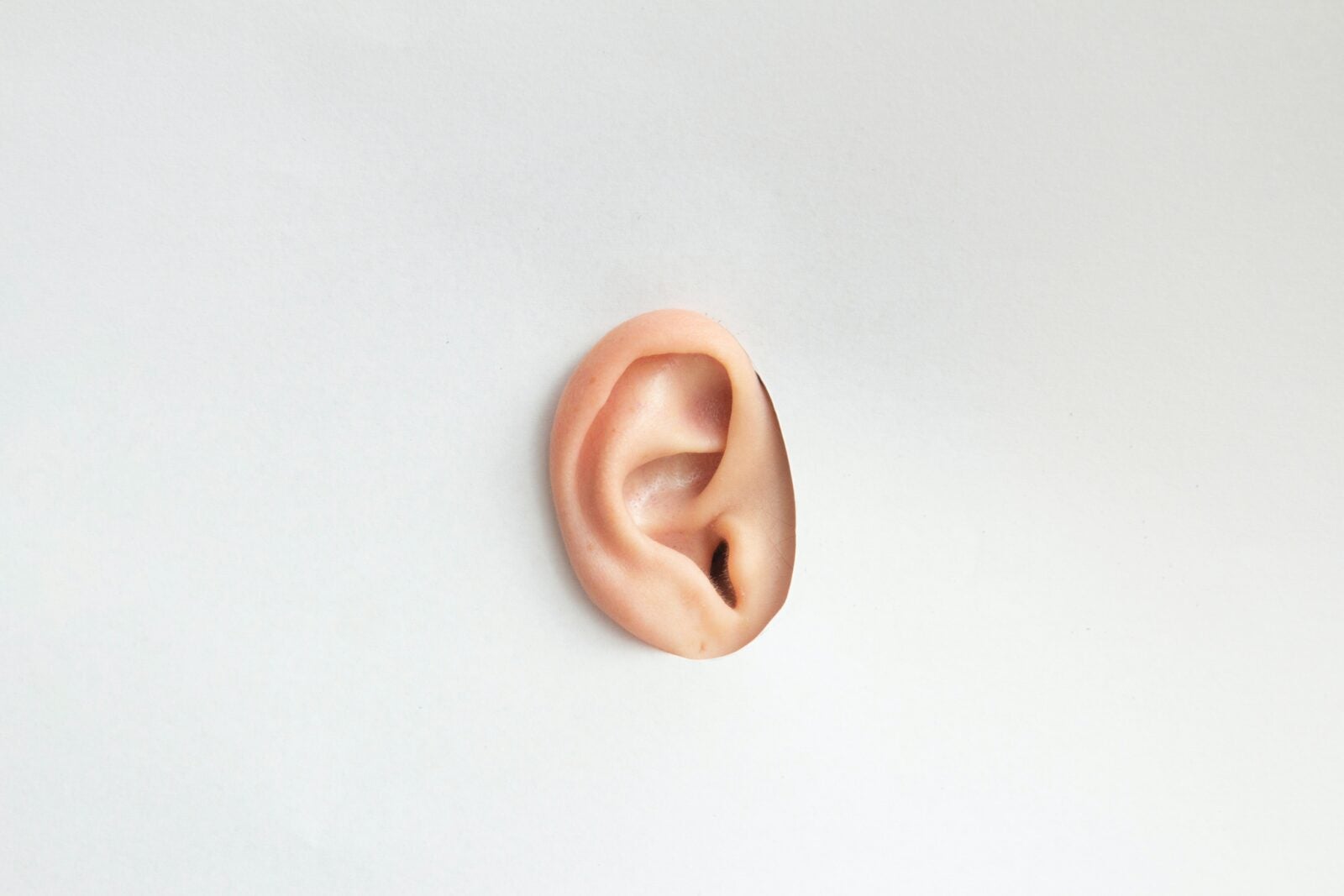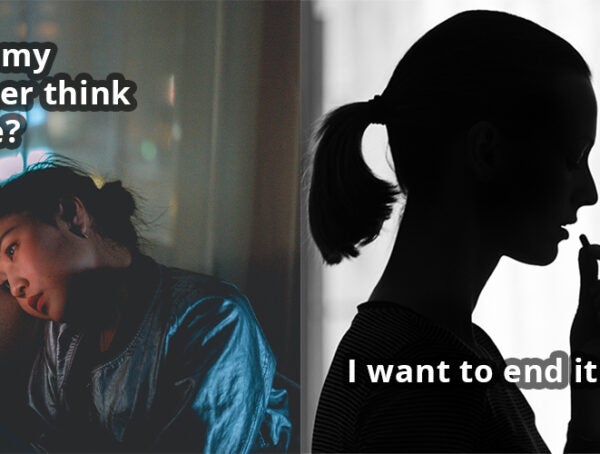Disclaimer: In Real Life is a platform for everyday people to share their experiences and voices. All articles are personal stories and do not necessarily echo In Real Life’s sentiments.
Most Malaysians aren’t familiar with the medical term “psychosis”. We would normally chalk it up to some sort of supernatural event when we hear things we can’t rationally explain.
The term “psycho” has also been used to label “crazy” behaviour. People tend to associate the word “psychosis” with “psycho”, but psychosis is very different from how most people picture it.
Psychosis is made up of hallucinations and delusions, a loss of touch with reality.
As for myself? I hear things.

I’m unusually lucky for someone who experiences psychosis – I hear voices and sounds, but not in a negative context.
“What did you hear this time?” my psychiatrist asked me.
“Laughing outside of my window,” I told him. I lived on the ninth floor.
“Were they laughing at you?”
That was one of the most important things to monitor with psychosis. Fortunately, my auditory hallucinations are neutral – nobody was laughing at me, or making insulting comments about my appearance and behaviour. The voices and sounds I heard sounded like things I was just overhearing, like walking past a conversation I wasn’t part of. Except that the sounds were in my mind.
Although I say that they were “in my mind” it doesn’t mean that the voices were solely part of my internal dialogue. I often heard them very clearly, as if the sound were happening in my vicinity.
How can you tell the difference between an auditory hallucination and reality then?
You can’t.
This one time my partner and I stayed at an Airbnb. I kept opening and closing the door to the entrance.
“Do you hear that sound?” I asked him, clearly distressed. I kept hearing a knocking sound at the door and although I was quick to answer, I never caught anyone.

“What sound?” he quizzed me, a little puzzled by my behaviour.
He suggested that I could be hearing someone else knocking on a neighbour’s door, but I didn’t know how else to describe it – it just sounded exactly like someone was knocking on our door.
It was only later that I realised that they were auditory hallucinations, as I’d already been aware that I experienced them at the time.
Psychosis manifests differently in different people
Over time, I realised that my psychosis is triggered by stress, depression, and lack of sleep.
I often go through a while without any psychotic effects and I start wondering if it’s all in my head and that I imagined it, but then it always comes back – if only to reassure myself that my version of reality can be skewed.

Sometimes the sounds can coincide with my physical location. Such as children’s laughter while I’m at the hospital. Except that it’s 6.45 AM and I’m nowhere near the children’s wards.
Other times, it makes zero sense, like the time I overheard a conversation outside my window. It sounded like a group of people at a party. I couldn’t make out the words, but the tone of the voices was enthusiastic.
The representation in the media of people who experience psychosis is very harmful towards those who suffer from it.
We’re often portrayed as predators, serial killers, or just completely deranged and unhinged.

In reality, we’re more likely to be victims. We’re also less likely to be believed.
For example, an ex boyfriend used to use my auditory hallucinations against me to gaslight me over things he said. He was adamant that I must have “imagined” the verbally abusive things he said about me, insistent that he would never say these things in reality.
Although there is a lot more awareness now on mental health issues, the emphasis is more on illnesses such as depression and anxiety.
Psychosis is still quite stigmatised, especially in Malaysian society. It’s much more socially acceptable to claim that you can hear spirits than to discuss a psychotic disorder.
It’s tough to discuss with the religious and spiritual because they tend to want to fit my experiences in with whatever supernatural framing they’ve come up with – saint or sinner, am I hearing the voices of the devil or of god?

It’s also much harder to experience compassion over being psychotic. Probably because there isn’t much discussion on it. It doesn’t help that when you try to start a conversation about it, people will shut you down because of the stigma, or even worse, spew stereotypes that they’ve learnt from horror movies.
It’s not even just with the laypeople. I’ve been to psychiatrists who dismiss my experiences because they don’t fit in with what they know.
Despite the diversity in Malaysia, I feel like we have a long way to go till we accept neurodiversity.
For more stories like this, read: I Had Everything I Wanted, But One Day I Woke Up and Was Diagnosed With Depression and My Parents Thought I Was Physically Sick But The Doctor Told Me I Had Generalised Anxiety Disorder.
You might also like
More from Real Mental Health
“I Was Scared of Waking Up in Handcuffs,” shares Depressed M’sian on Repealed Law
In 2023, Malaysia repealed Section 309, a colonial-era law that made suicide attempts a crime. The change marked a shift …
‘Everyone Saw A Successful Student While I Was Crumbling,’ Shares 22 Year Old Student
This is a story of a 22 year old woman who shared her story as a Straight A’s student as …
5 Harmful Mental Health Myths Malaysians Still Believe
Let’s break down five of the most common myths Malaysians still believe, and why it’s time to let them go.


















